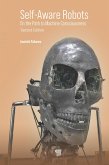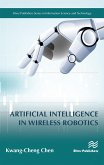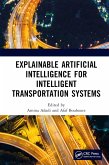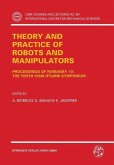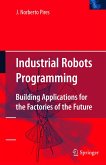This book focuses on the research and development in the field of self-aware robots. Its theme is artificial consciousness, a field that covers both artificial intelligence and robotics, and includes philosophy, psychology, the study of biological evolution, physiology, and medicine, especially brain neuroscience and neuropsychiatry. Building on the first edition,
Creation of a Conscious Robot: Mirror Image Cognition and Self-Awareness, this new edition discusses artificial neural networks and functions of human consciousness. It proposes a structure for a neural network with consciousness functions, explains the construction of a conscious system, and discusses the results of progressive research in designing and developing small robots with conscious systems capable of recognizing their own images in mirrors. Emphasizing the contributions of conscious robots to society and their potential future impact, the book also describes the robots that know the unknown, Pavlovian robots, and the development of a consciousness model possessing the well-known multiple personality disorder.
Dieser Download kann aus rechtlichen Gründen nur mit Rechnungsadresse in A, B, BG, CY, CZ, D, DK, EW, E, FIN, F, GR, HR, H, IRL, I, LT, L, LR, M, NL, PL, P, R, S, SLO, SK ausgeliefert werden.



